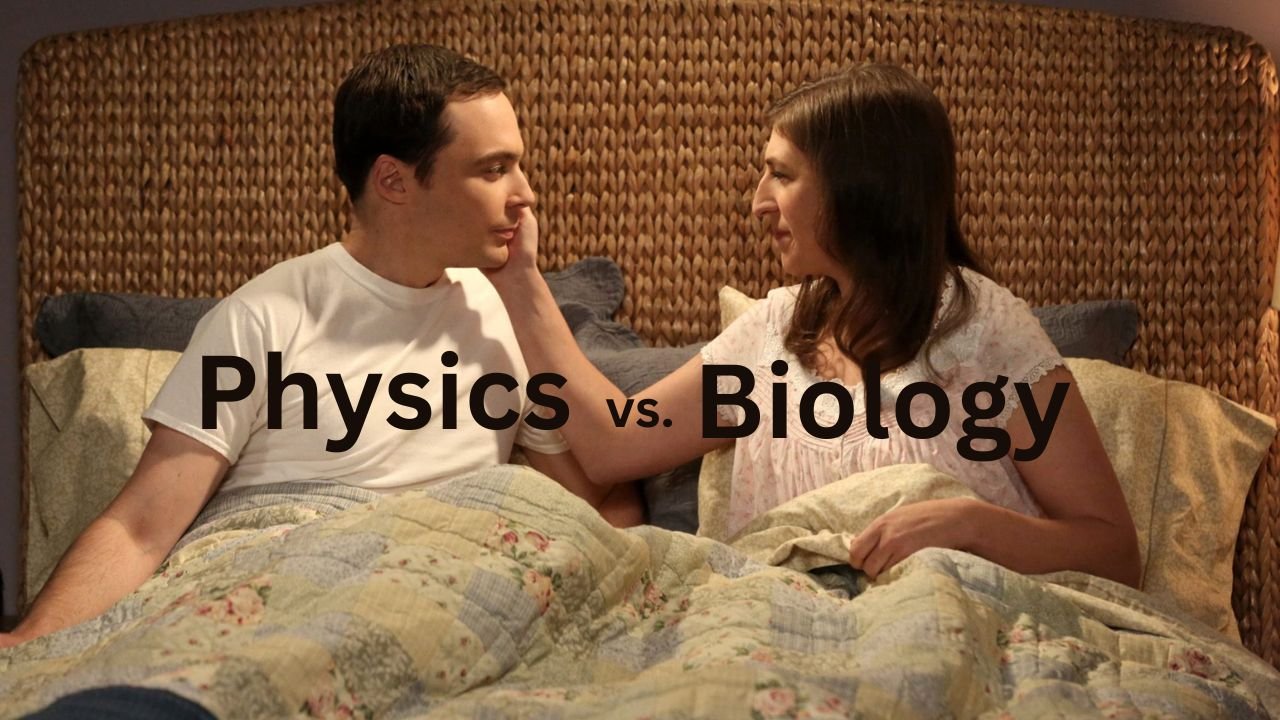04/16/23
From Physics Envy to Biology Envy
the formation of modern biotechnology
Throughout history, there has been an implicit hierarchy of sciences with physics as the most respectable and biology as the conceptually poor cousin.
The reason for this is that physics is characterized by its exactitude and unwavering principles, which are not found in the messiness of real-life situations that biology deals with. Biology, therefore, lacks the elegance of simple equations, models, and predictable solutions that physics boasts. Moreover, within biology itself, a hierarchy exists, where mapping the genome is deemed more respectable and physics-like because of its precision, whereas evolutionary biology is viewed as less precise because it deals with interactions, contexts, and other dimensions that make prediction more difficult.
The desire to emulate physics is not limited to the natural sciences, it also extends to the social sciences. Economics and management theories have attempted to incorporate physics concepts in order to create organizational structures and forms that conform to the laws of physics to some degree. However, such attempts have been inherently flawed and have necessitated constant exceptions to the rules. But despite the limitations, the influence of physics is evident.
Recently, there has been a shift from physics envy to biology envy. Physicists are now turning to biological models to gain insights and explanations. Urban planning, organization design, and technologically advanced computer systems are being understood through the lens of biological metaphors. The design of technology is increasingly imitating life. This shift has had a significant impact on the development of modern biotechnology.
Biotech initially drew inspiration from physics and engineering, with the belief that biological systems could be understood and manipulated in the same way that machines could be engineered. However, biotechnology has since come to realize that living systems are complex and often unpredictable, and cannot be fully understood or controlled using only physics and engineering principles.
As a result, biotech has turned to biology for inspiration, borrowing concepts and techniques from biological systems to develop new technologies. Biomimicry, for example, involves imitating nature to solve human problems. This approach has become popular and has led to the development of new materials, sensors, and drug delivery systems.
Neural networks are complex systems that are inspired by the structure and function of the brain, and they can exhibit emergent behaviour that is difficult to predict or understand. There has been a growing recognition that many complex systems in the natural world cannot be fully understood by studying their individual parts in isolation. Instead, these systems exhibit emergent behaviour that arises from interactions between their components, and this behavior can only be understood by studying the system as a whole.
This use of biological metaphors has allowed biotech to develop new tools for understanding and even manipulating biological systems. Gene editing technologies like CRISPR/Cas9, which are inspired by the way bacteria defend themselves against viruses, have revolutionized the field of genetics and opened up new possibilities for treating genetic diseases.
This shift from physics to biology has allowed biotech to develop a deeper understanding of living systems and to create more effective technologies that work in harmony with biological processes.
So, the once conceptually poor cousin, biology, has now become a highly respectable and central science across many disciplines. Complexity science is a critical area where we observe the bridging of disciplines through the study of life or biology as the common ground. This shift provides a chance for organizational leaders and managers to develop sustainable systems that have the ability to "live". This includes living organizations, computer systems, communities, and healthcare systems that possess sustainability and adaptability. The lessons of sustainability and adaptability can be learned best from life itself. [I’ll be writing more on self-organization and emergence in upcoming essays]
Biology forced science to evolve from Newtonian to Complexity.
In recent years, biotech has continued to advance rapidly, with new applications emerging in areas such as synthetic biology, gene editing, and personalized medicine with applications in a wide range of industries, including agriculture, pharmaceuticals, energy, and environmental science, and is expected to play an increasingly important role in addressing global challenges such as climate change, food security, and public health.
This piece is 16/50 of my 50 days of learning. Subscribe to hear about new posts.
